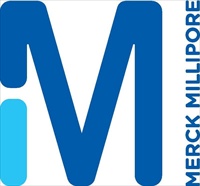Channels
Special Offers & Promotions
Merck Millipore Launches RNA Reprogramming Technology for Generation of Virus-Free iPSCs
Merck Millipore, the Life Science division of Merck, has launched Simplicon™ RNA Reprogramming Technology, which uses synthetic self-replicating RNA to create large numbers of human induced pluripotent stem cells (iPSCs) using a single transfection step.
 This efficient reprogramming of somatic cells is accomplished without viral intermediates or host genome integration, offering a more defined and safer system for iPSC generation.
This efficient reprogramming of somatic cells is accomplished without viral intermediates or host genome integration, offering a more defined and safer system for iPSC generation.
"For stem cell researchers using iPSCs to study disease, differentiation and regenerative medicine, there's a real need for a reprogramming method that's as efficient as virus-based techniques yet as safe as non-viral methods," said Christophe Couturier, Head of Bioscience, Merck Millipore. "Simplicon™ technology meets this need, with a single-transfection protocol that's significantly easier than other approaches."
The Simplicon™ RNA Reprogramming Technology uses a single synthetic, polycistronic self-replicating RNA strand engineered to mimic cellular RNA. The RNA strand contains the four reprogramming factors, OCT-4, KLF-4, SOX-2 and GLIS1, and enables the creation of integration- and virus-free iPSCs using only one transfection step. Once the cells are generated, the RNA and reprogramming factors can easily be eliminated from the cell culture medium in a controlled manner.
more news from Merck Millipore
Media Partners


